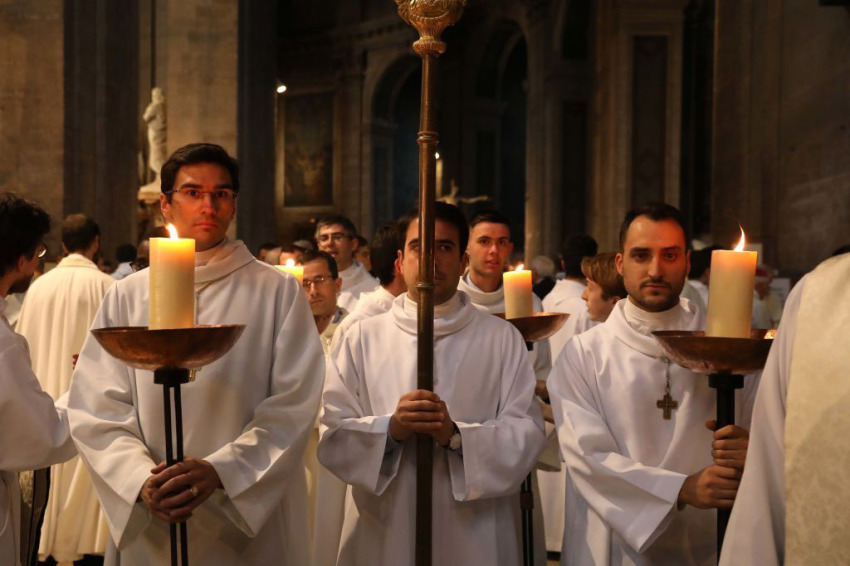Anti-Christian violence, attacks on churches in Europe at all-time high in 2019: report

Attacks against Christians in Europe reached record highs in 2019, as hostility and vandalism against churches, Christian schools and monuments sweep the continent.
Earlier this month, the Gatestone Institute International Policy Council published its research of anti-Christian violence after having reviewed hundreds news reports, parliamentary inquiries, and police blotters, and found that approximately 3,000 acts of vandalism, looting and defacement occurred last year, incidents routinely obscured by the media.
"Violence against Christian sites is most widespread in France, where churches, schools, cemeteries and monuments are being vandalized, desecrated and burned at an average rate of three per day, according to government statistics. In Germany, attacks against Christian churches are occurring at an average rate of two per day, according to police blotters," the group documented in a Jan. 1 report.
Those committing the crimes are rarely apprehended and the information about their identities are covered up by police and journalists, the group asserts. Because many suspects are said to have mental disorders, the acts of vandalism, though demonstrably anti-Christian, are not formally classified as "hate crimes."
The hostile acts that have been documented include instances of arson, defecation, desecration, looting, mockery, profanation, satanism, theft, urination and vandalism, and often the perpetrators are never caught.
The violence is carried out by different groups depending on the country.
"In France and Germany, the spike in anti-Christian attacks dovetails with the recent mass immigration from the Muslim world. The lack of official statistics on perpetrators and motives makes it impossible to know precisely how many attacks can be attributed to Muslim anti-Christianism or the jihadist cause," the Gatestone Institute said in its report.
"In Spain, by contrast, attacks against churches and crosses are overwhelmingly carried out by anarchists, radical feminists and other far-left activists, who appear to be striving for Christianity to be permanently removed from the public square."
The vandals have targets iconic monuments testifying to important developments in Christian history.
In July, the International Monument to the Protestant Reformation in Geneva, Switzerland, which is also called the Reformation Wall, was defaced with several colors of paint, those in the rainbow, the international symbol of LGBT activism.
As 2019 concluded, an evangelical church in the town of Tübingen, Germany, was vandalized with spray-paint and a minibus sitting in front of the church set ablaze. The group that later claimed responsibility online was called “Feminist Autonomous Cell.”
That same group vandalized another church, St. Elisabeth Catholic Church in Berlin in the Schoneberg district, on the night of Jan. 8-9. According to a Jan. 11 article in the National Catholic Register, a letter was posted later online explaining that the attack was in response to the church hosting March for Life participants during the event which is held in Berlin every September.
The anecdotes and statistics come amid emerging recent analysis about a changing culture and political demographics in Europe, such as Douglas Murray's 2017 book, The Strange Death of Europe: Immigration, Identity, and Islam.
In his 2019 book, The French Archipelago, author and political analyst Jérôme Fourquet noted that "[t]here is a growing de-Christianization, which is leading to the 'terminal phase' of the Catholic religion ... For hundreds of years the Catholic religion profoundly structured the collective conscience of French society. Today this society is the shadow of what it once was. A great civilizational change is underway."
The Gatestone Institute is a non-partisan, nonprofit international policy council and think tank that works to expose what mainstream media fails to report by promoting democratic institutions, human rights, energy independence among other things, according to its website.



























